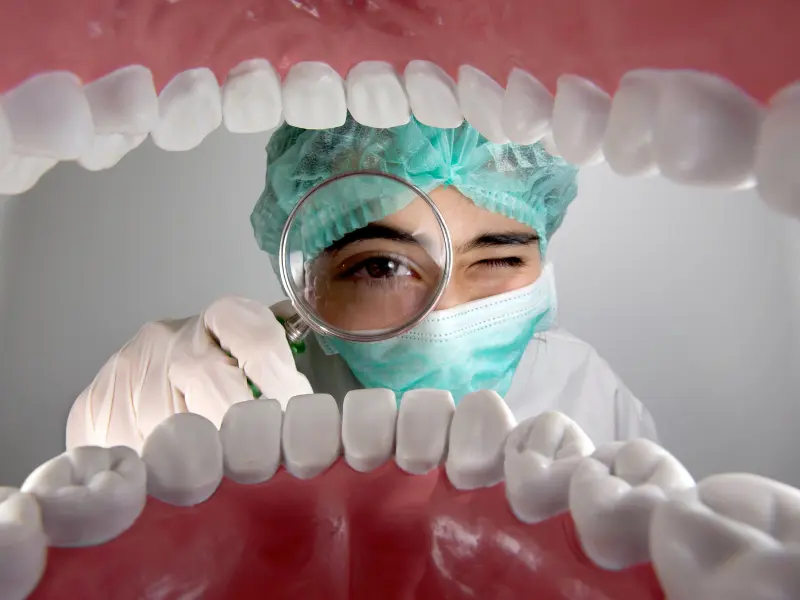
Oral Health: The Hidden Link to Diabetes, Heart & Lung Disease
When most people think about oral hygiene, they imagine bright smiles, fresh breath, and cavity-free teeth. Yet research increasingly shows that poor oral health can silently contribute to serious systemic conditions such as diabetes, cardiovascular disease, and respiratory illnesses. What happens in your mouth doesn’t stay in your mouth — it can influence your entire body.
The Mouth-Body Connection
The mouth is a gateway to the body. Poor oral hygiene, gum inflammation, tooth decay, and bacterial overgrowth can release harmful microbes and inflammatory molecules into the bloodstream. These circulating factors can reach distant organs, exacerbating chronic conditions. The Times of India article highlights three critical ways this connection manifests:
Diabetes: People with type 2 diabetes are especially vulnerable. High blood sugar fosters bacterial growth in the mouth and increases susceptibility to gum disease. Conversely, inflammation caused by oral infections can make blood sugar regulation more difficult, creating a harmful cycle where dental and metabolic health negatively influence each other.
Heart Disease: Inflamed gums and oral infections can contribute to arterial plaque buildup. Oral bacteria in the bloodstream can trigger immune responses that increase blood pressure, clog arteries, and raise the risk of heart attacks and strokes. Evidence shows that maintaining healthy gums may help reduce these cardiovascular risks.
Lung Problems: Poor oral hygiene can allow bacteria and debris to enter the respiratory system, particularly in older adults, those with chronic respiratory conditions, or individuals with reduced mobility. This can worsen COPD, asthma, and pneumonia, showing that dental neglect has tangible consequences for pulmonary health.
Why This Matters
The article emphasizes that oral health is a cornerstone of overall well-being. Dentists aren’t just cavity-fixers — they may detect early warning signs of systemic disease. Likewise, medical practitioners need to recognize that dental problems can amplify chronic conditions, particularly in high-risk patients.
Practical Steps for Prevention
Regular Dental Check-Ups: Professional cleanings and check-ups are crucial, even if brushing and flossing at home are consistent.
Medical-Dental Communication: Inform your dentist about chronic health conditions and keep your physician updated on your dental health.
Daily Hygiene: Brush at least twice a day, floss, and use antibacterial mouthwash if recommended.
Special Care for High-Risk Individuals: Older adults, inhaler users, and people in care facilities should maintain extra vigilance, as poor oral hygiene may worsen systemic complications.
The Bigger Picture
This emerging research highlights a broader truth: oral health is inseparable from overall health. Preventing and managing dental disease is not just cosmetic; it can protect the heart, lungs, and metabolic function, and may reduce the risk of serious illnesses over time.
Maintaining oral hygiene, addressing gum disease promptly, and keeping regular dental visits are simple yet powerful tools in safeguarding long-term health.
Original Article
Title: How bad oral health could be silently fueling diabetes, heart attacks, and lung problems
Source: The Times of India – Health & Fitness section